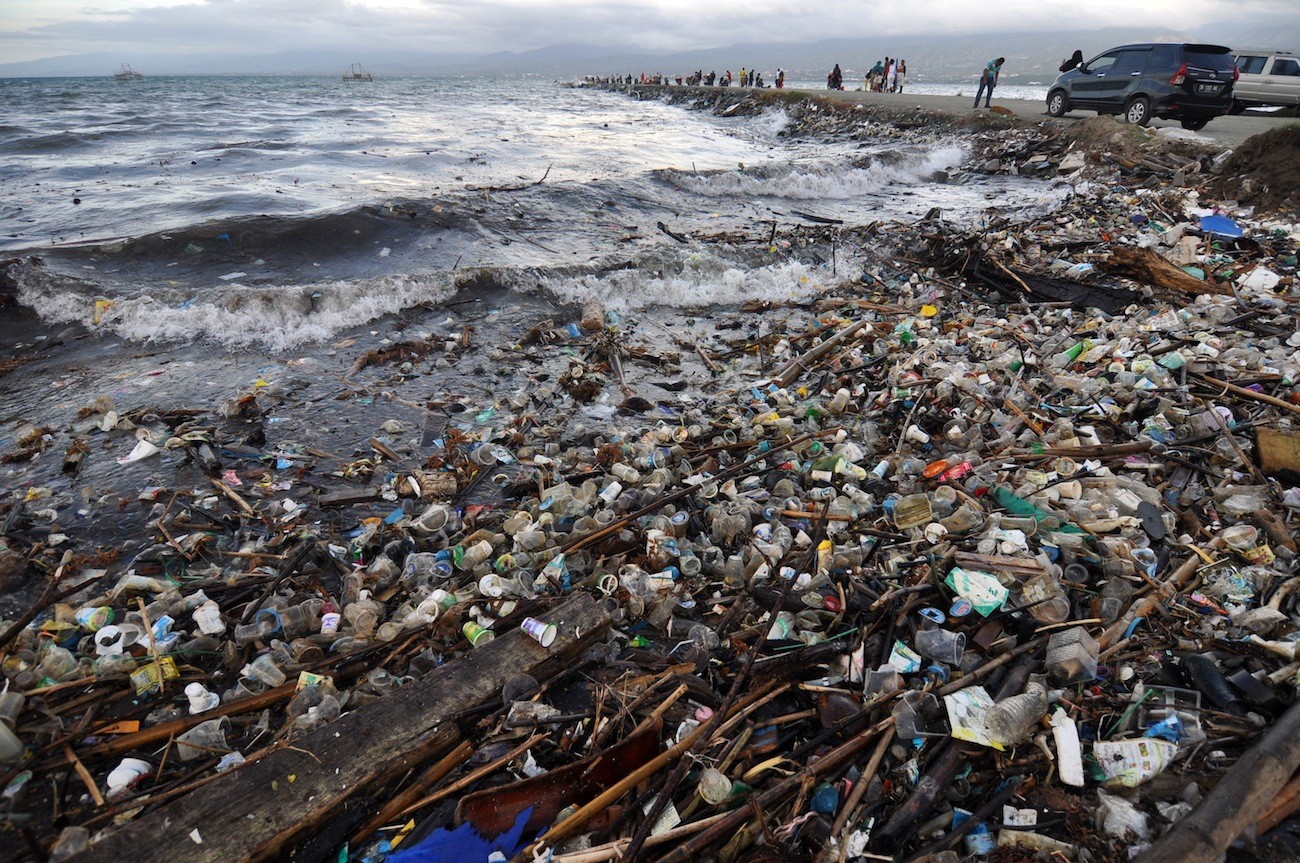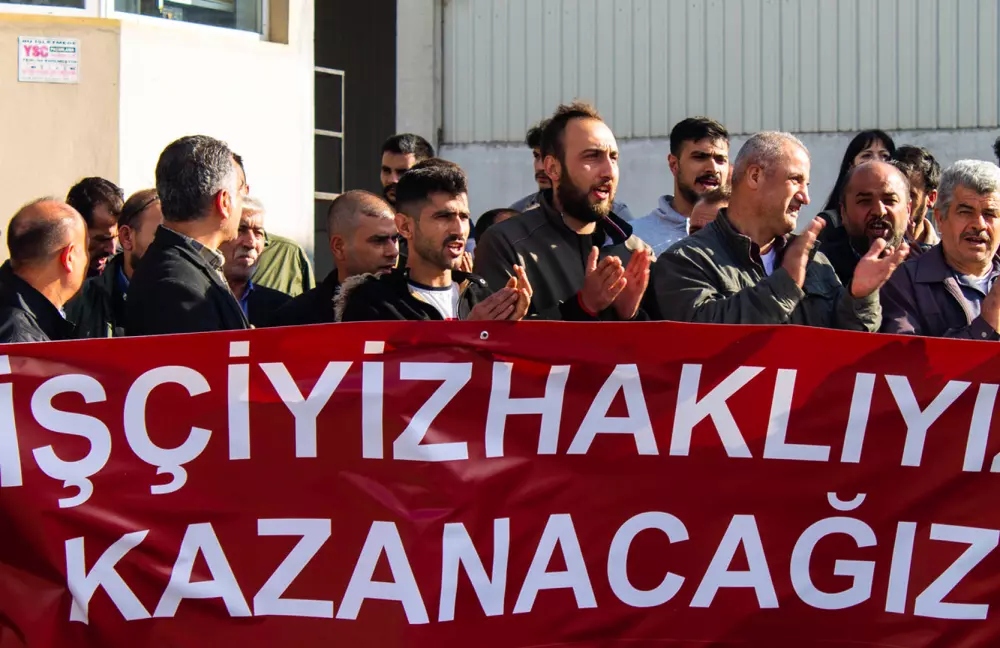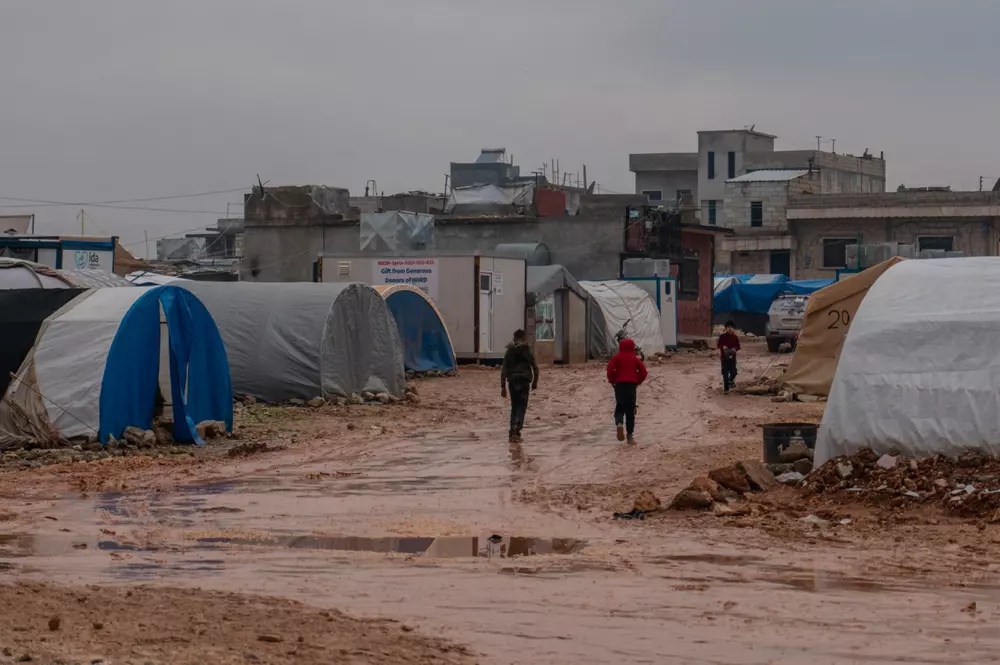Battling Plastic Pollution: The Plight of Indonesia's
Coastline
The western coast of Java, Indonesia, renowned for its
world-class surf breaks and vibrant underwater ecosystems, has become a
battleground against a relentless tide of plastic pollution. Amidst the natural
beauty, surfers and snorkelers grapple with a deluge of plastic water bottles,
disposable cups, and food wrappers that mar the pristine landscape.
Indonesia finds itself at the epicenter of a global crisis,
with staggering statistics highlighting the severity of the issue. Each year,
the world generates a staggering 400 million metric tons of plastic waste, a
significant portion of which finds its way into the oceans, rivers, and lakes.
Astonishingly, an equivalent of 2,000 truckloads of plastic waste is dumped
into the ocean daily, exacerbating the environmental catastrophe.
Despite concerted global efforts to promote recycling and
sustainability, a mere 9% of plastic products are recycled, leaving the
majority to languish in landfills or traverse oceans to destinations like
Indonesia. As the world's second-largest producer of plastic waste, Indonesia
grapples with the consequences of its consumption alongside the influx of
foreign plastic waste.
The magnitude of the problem is starkly evident along
Indonesia's extensive coastline, where beaches serve as a poignant tableau of
environmental degradation. Loji Beach, nestled along West Java Bay, epitomizes
the struggle against plastic accumulation. Hindered by a lack of infrastructure
and community support, the beach serves as a poignant reminder of the
repercussions of inaction.
For individuals like Marsinah, a resident who scavenges
plastic waste to sustain herself following the loss of her husband, the fight
against plastic pollution is intertwined with economic survival. The dire
situation prompts local governments to procure plastic waste, albeit with
limited utility, to provide a semblance of livelihood for marginalized
communities.
Further down the coast, fishermen like Rahmat Hidayat
confront the insidious impact of plastic pollution first-hand. As plastic
infiltrates marine ecosystems, diminishing fish stocks and contaminating
catches, traditional fishing practices face existential threats. The arduous
task of separating plastic from fish underscores the urgency of finding
sustainable solutions to break the cycle of pollution.
In response to mounting pressure, Southeast Asian nations
have implemented stringent regulations on plastic waste imports, signaling a
collective effort to stem the tide of environmental exploitation. However, the
looming bans on plastic waste exports from the European Union underscore the
interconnected nature of the global plastic crisis.
Photographer Edu Ponces encapsulates the profound
implications of the plastic scourge, emphasizing the imperative for collective
action. Witnessing firsthand the scale of plastic waste at recycling centers in
Bangkok, Ponces acknowledges his complicity in the crisis, urging a paradigm
shift in consumer behavior.
As plastic pollution continues to choke marine ecosystems
and threaten livelihoods, the battle against this ubiquitous menace
intensifies. Beyond the shores of Indonesia, the plight of its coastline serves
as a poignant reminder of humanity's shared responsibility to safeguard our
oceans for generations to come.










.jpg)